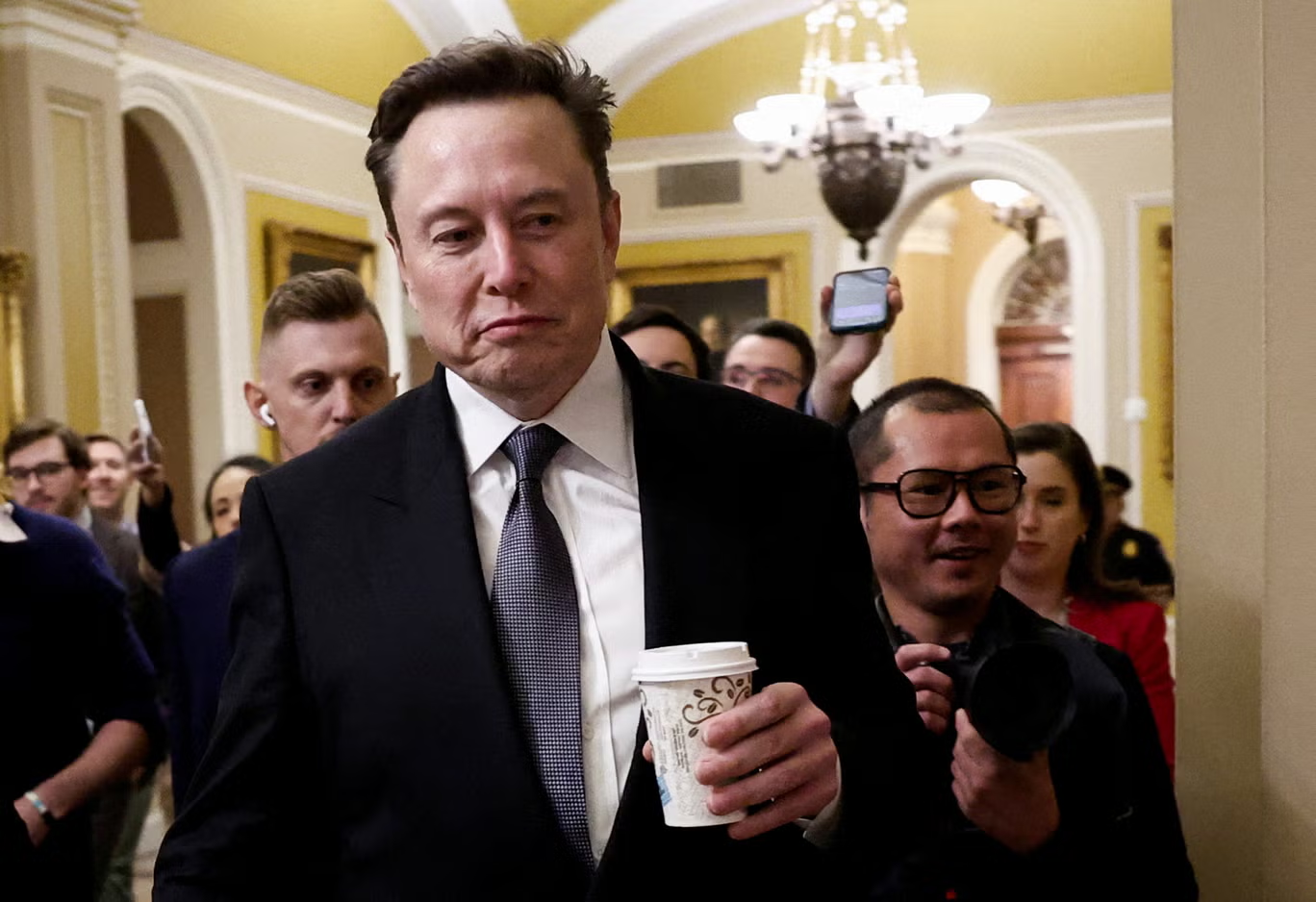Hezbollah Names New Leader as Regional Unrest Grows
Hezbollah has named Naim Qassem to succeed the group’s longtime leader, Hassan Nasrallah, in a move that could signal a change in leadership at the Lebanese party amid rising internal political tensions and increased geopolitical pressure.
The leadership group has been led by Nasrallah for over two decades. He will retire soon, and Qassem, who has acted as his deputy since 1992, will take control of the reins.
https://www.youtube.com/watch?v=VE8eIZYIZpU
Naim Qassem: Hezbollah’s New Face of Leadership
Qassem has been one of the most trusted allies to Nasrallah in decision-making related to the strategy Hezbollah pursues each year. Hardliner Qassem uses strident rhetoric to excoriate the enemy- Israeli and the Western world as does his patron Nasrallah himself.
His nomination will mean that nothing will change in Hezbollah policy, but it will have to maintain its armed resistance against Israel and keep excellent relations with Iran. However, analysts say Qassem might also look for a stronger role within the fractured political setup of Lebanon.
“Qassem’s leadership may be a continuum, but he has something Nasrallah didn’t have to face,” said one regional affairs analyst.
Battlefield for the New Leadership: Fragile Political System
Qassem’s leadership coincides with a critical juncture for both Lebanon and the wider Middle East. Domestically, Lebanon faces political paralysis, economic collapse, and public discontent. More influence of Hezbollah in Lebanon’s political system has grown increasingly criticized at home as the organization is finger-pointed for economic woes in the country.
Externally, tensions with Israel are still at a high level, especially along the Lebanese-Israeli border, where recent skirmishes have raised fears of a wider conflict. In his new role, Qassem will have to balance Hezbollah’s military ambitions with the need to stabilize Lebanon’s deteriorating situation.
Public Reaction: Continuity or Missed Opportunity?
Qassem’s succession was announced, and the people responded with mixed reactions to this. While some Hezbollah supporters think it is a good time to ensure continuity within their organization, critics believe this change in leadership could have been an opportunity for Hezbollah to pivot toward reform while de-escalating the tensions in the region.
As pointed out by one critic: “The same faces, the same problems.” It goes without saying that Qassem’s appointment is not very different from the group’s unchanged stance. Supporters view Qassem’s appointment as a re-endorsement of the resistance strategy: “Hezbollah’s enemies will fear us now more than ever,” wrote one user.
What does Qassem’s appointment mean for the region? What could be expected from his leadership?
The ascension of Qassem would likely solidify Hezbollah’s alliance with Iran, in turn strengthening the group’s position as a regional proxy force. This would complicate Lebanon’s relationship even more with Western powers and its neighborly Arab states, all of whom already consider Hezbollah a destabilizing force.
Some analysts are wary that Qassem may ignite a confrontation with Israel, especially in the recent clashes along the borders. Others believe that his leadership will increase Hezbollah’s participation in regional conflicts, namely Syria and Yemen.
Conclusion: A Familiar Road with Uncertain Consequences
The appointment of Naim Qassem as the next leader of Hezbollah signals a continuation of the group’s current trajectory with little indication of policy shifts. The Middle East has been on the rise lately, and the ability of Qassem to handle both domestic challenges and regional confrontations will determine Hezbollah’s future.
Whether Qassem’s leadership will help consolidate Hezbollah’s power or further isolate Lebanon on the world stage remains to be seen. For now, though, the spotlight is firmly on Hezbollah’s new leader whose decisions in the coming months will have profound implications for Lebanon and the broader Middle East.
Qassem’s leadership may bring some continuity, but the problems he inherits from Nasrallah could demand more than familiar rhetoric to resolve.











